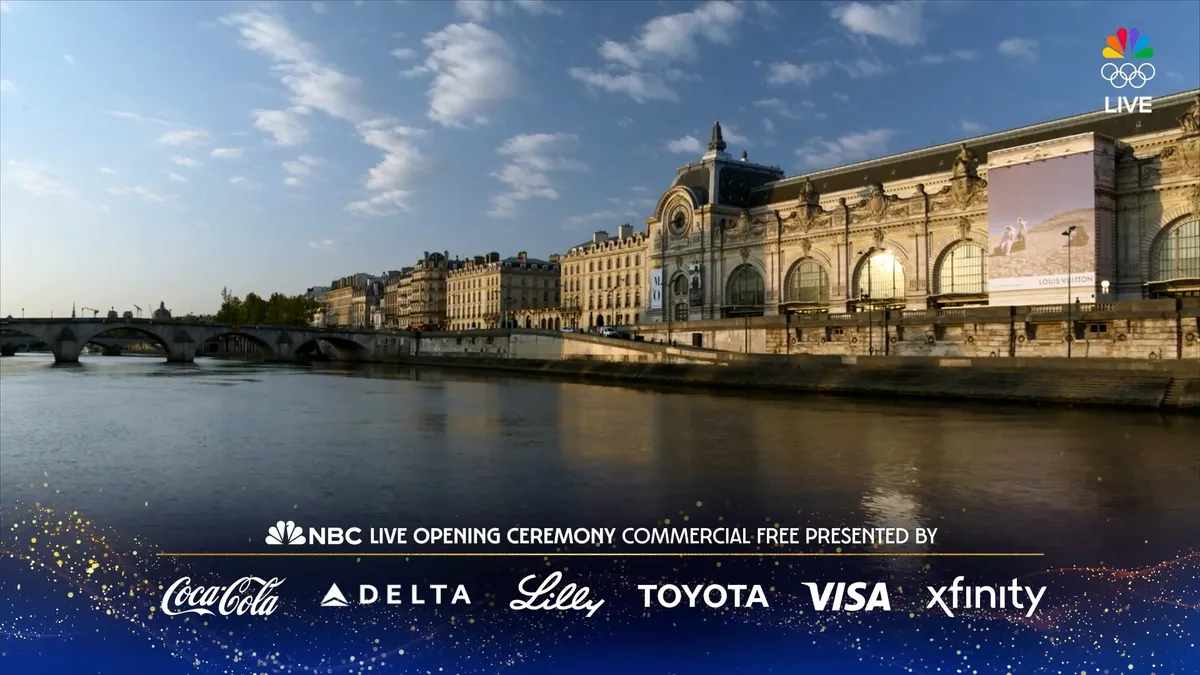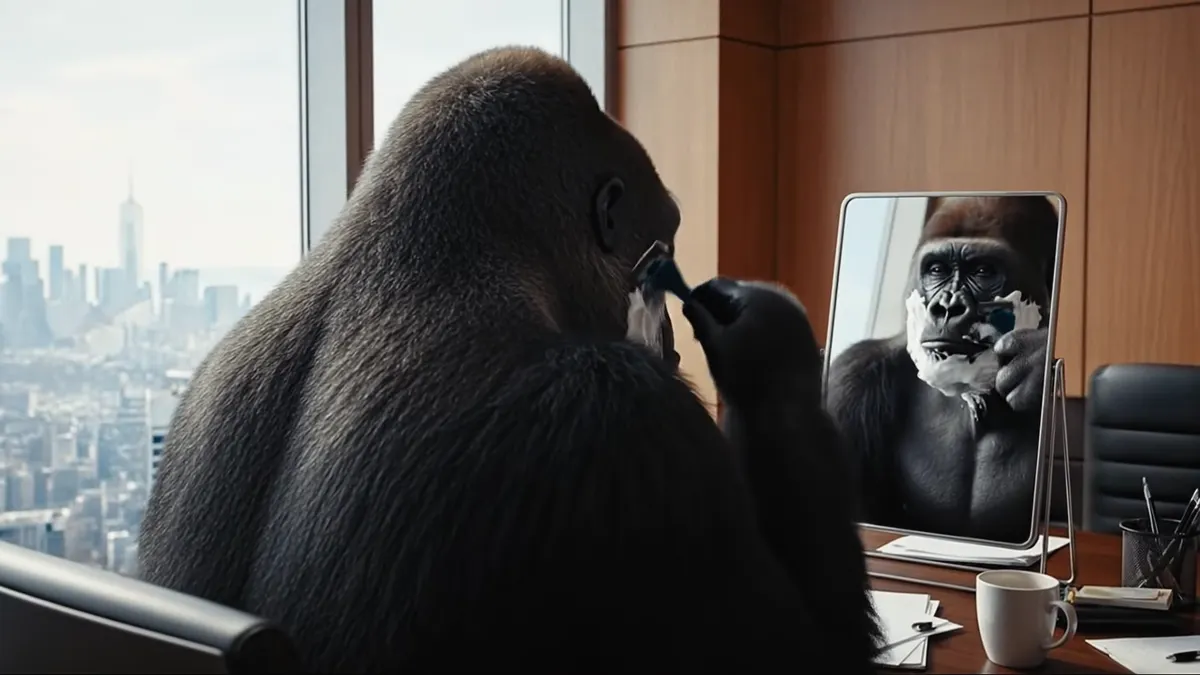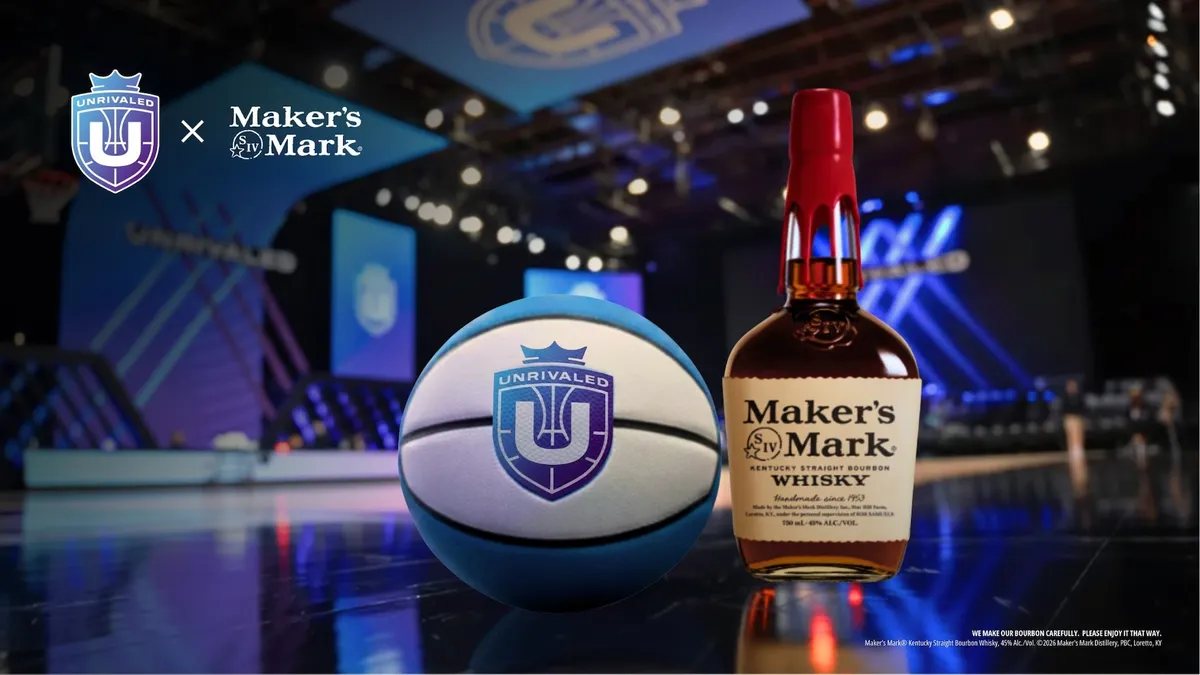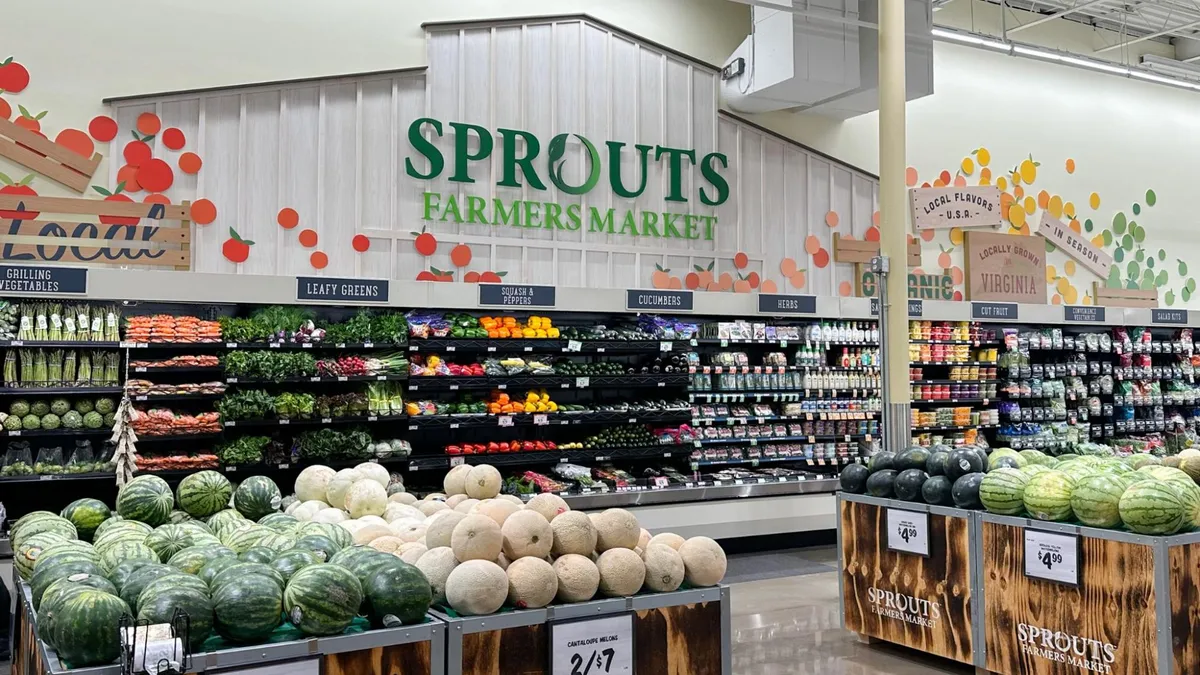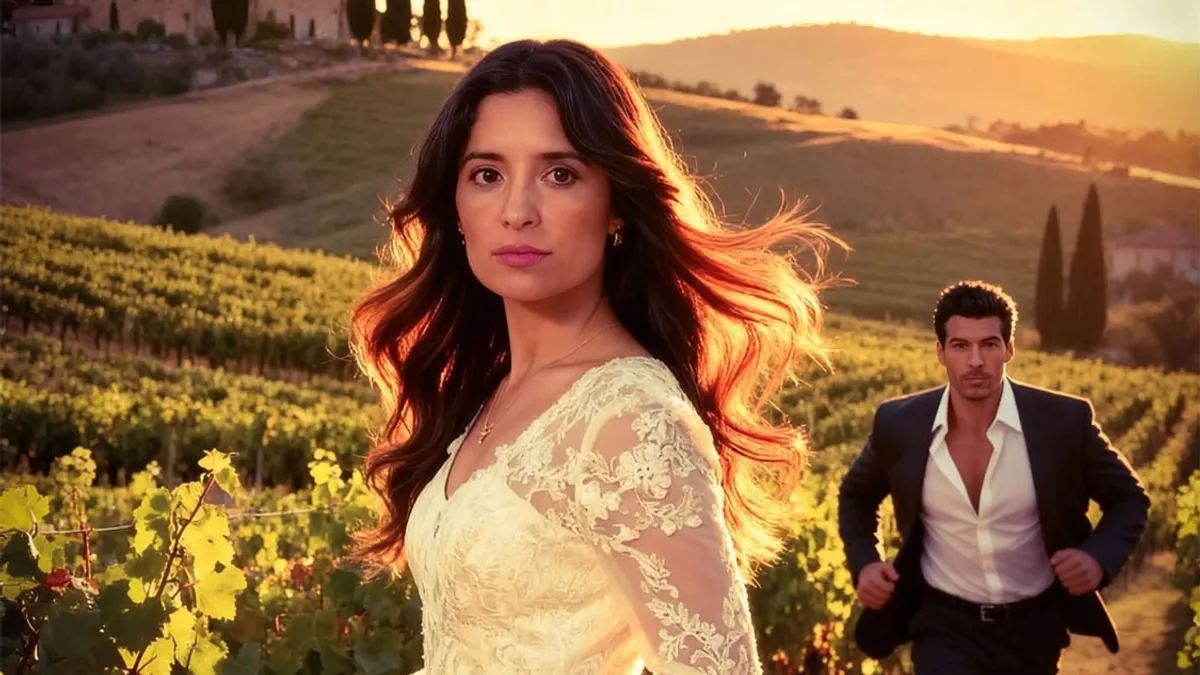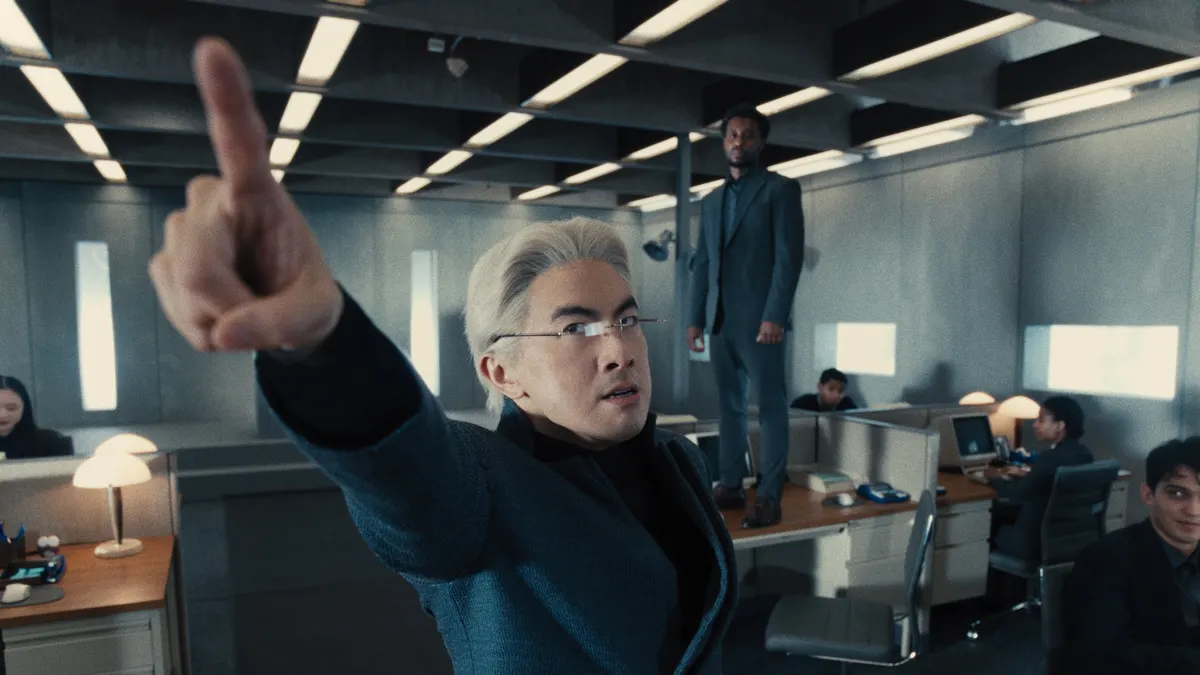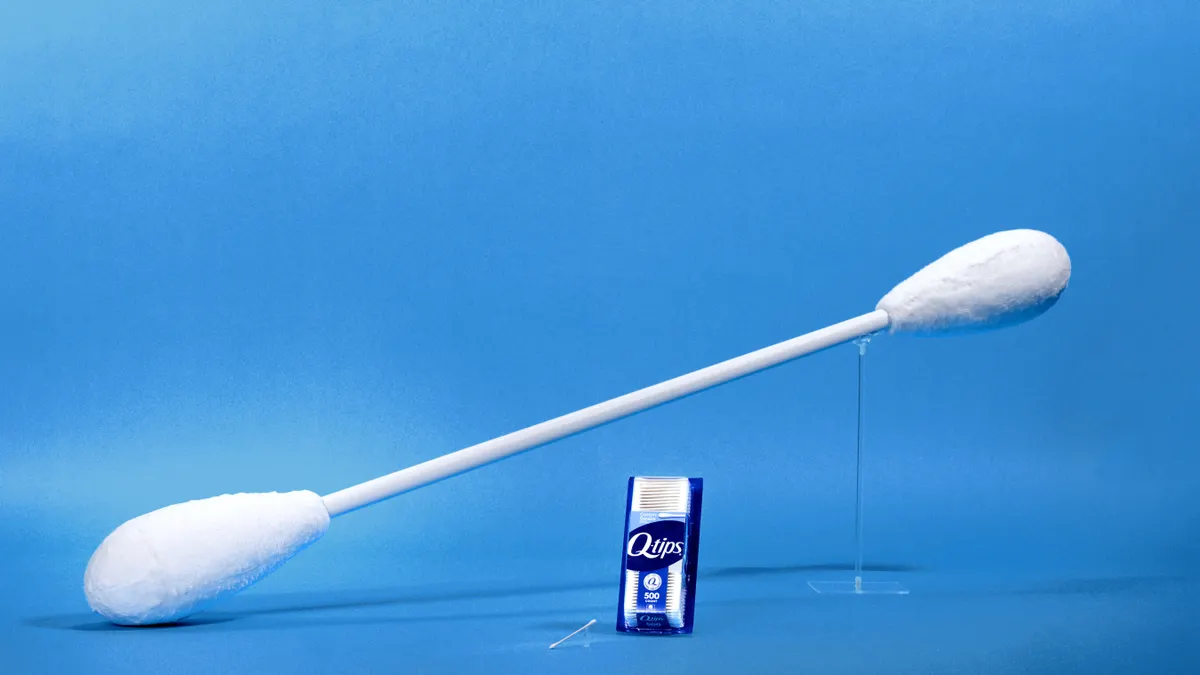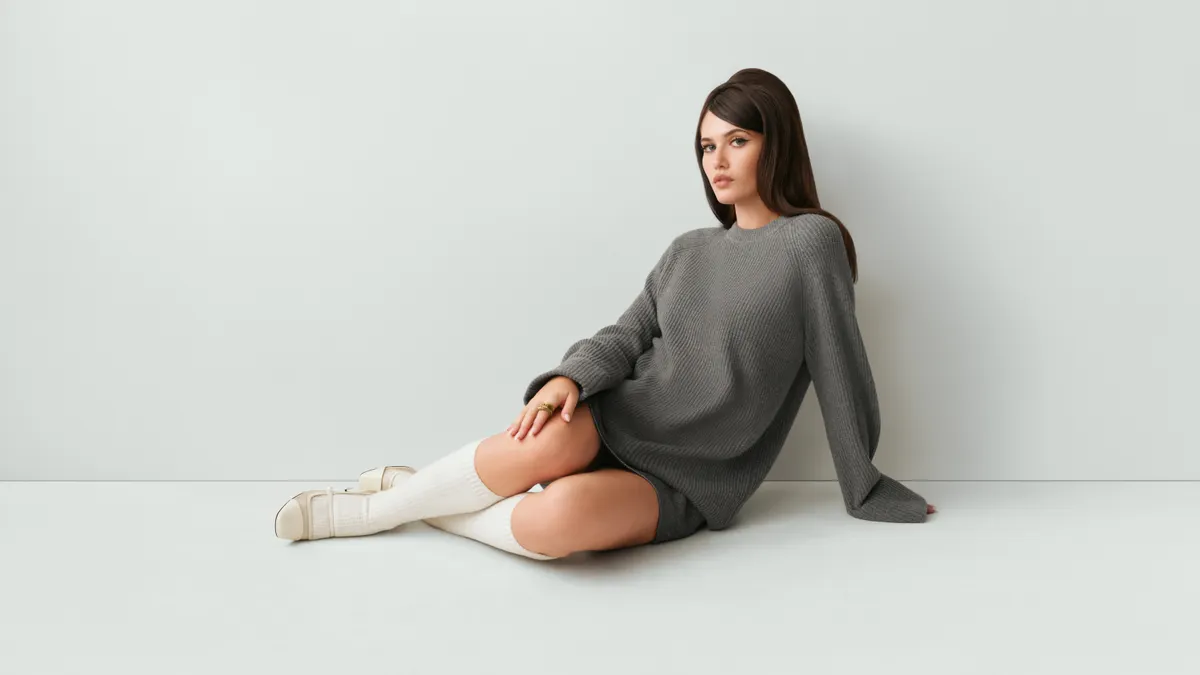NBCUniversal on Friday (July 26) will begin broadcasting the 2024 Paris Olympics, an event that also serves as the media conglomerate's latest example of how it is approaching advertising in the streaming era.
The company is on pace for an all-time Olympic record and set to surpass $1.2 billion in advertising sales — including $350 million from new advertisers — and has worked for months, if not longer, to develop bespoke brand integrations for major marketers.
“We're able to create these very organic, unique integrations for each [partner] that is authentic to either their brands or their initiative that they're trying to accomplish and sits really well across our networks, streaming platforms and, in some cases, our social partners,” said Dan Lovinger, president of Olympic and Paralympic Partnerships at NBCUniversal.
The company will show off one of these integrations during live coverage of the opening ceremony, which will include — for the first time in Olympics history — a commercial-free hour sponsored by The Coca-Cola Company, Delta, Lilly, Toyota Motor Corp., Visa and Xfinity. Instead of traditional ads, brand logos for each sponsor (or "Olympic Ring Holder") will have a presence onscreen, rotating in 10-minute increments.
This year's opening ceremony will take place not in a stadium but on the River Seine, featuring a four-mile-long flotilla of nearly 90 boats that will carry thousands of athletes. The unique set-up presented a special opportunity to balance a once-in-a-lifetime visual with ad needs.
“We created a win-win. We're not eliminating advertisers — we're giving them a different role,” Lovinger said. “The advertisers will be known to the viewer and we'll give them credit, but the viewer will also be able to stay with the spectacle, which will be fantastic.”
Major brands go for gold
Beyond the opening ceremony, advertisers have many opportunities to reach highly engaged audiences, like during the 13 nights of prime-time coverage that will show a 30-minute key event with only one 60-second commercial pod. Ads are more effective in an Olympic environment, according to NBCU research, and can be further boosted by using creative that is "Olympicized" with athletes or Olympic themes and creating custom content.
“When [advertisers] do all of those things… that's when impact really explodes for them. They see massive lift in message memorability, brand likability and search,” Lovinger said.
Coca-Cola is no stranger to the Olympics, having supported every edition of the games since 1928. The beverage marketer will have a presence across linear and digital channels, including NBC, USA and Telemundo. Plus, Coca-Cola will sponsor the Gold Zone, a live whip-around show on Peacock, and co-create custom content for Peacock and social channels like TikTok as it reaches out to Gen Z.
“At The Coca-Cola Company, we believe in the real magic that can happen when the world comes together, so being a part of this spectacular presentation of the opening ceremony on NBC is a tremendous opportunity to celebrate and share those unifying and inspiring moments,” said Robin Triplett, vice president of integrated marketing at Coca-Cola North America, in a statement.
Fellow Olympic Ring Holder and official partner of Team USA Delta is also partnering with NBCU in a variety of ways. The airline helped kick off the long road to the Olympics last June by flying contestants on "Top Chef: World All-Stars" to Paris for a quick-fire challenge alongside Team USA athletes. Delta continued to help NBCU build buzz on the "Today" show by celebrating the 100-day-out moment in April and unveiling a custom Team USA aircraft livery in May.
In partnership with Delta, NBCU will run a 22-minute commercial-free documentary about the American men and women who risked and sacrificed their lives during the Normandy landings. The airline will also sponsor Gold Zone, serve as the presenting sponsor of the Medal Count and run its Team USA-starring campaign during the games.
Beyond linear
As TV continues to shift from linear to streaming, Peacock remains a key component of NBCU's offering to consumers and advertisers, especially as it looks to turn TV into a performance marketing channel.
The company unveiled several updates and improvements to Peacock at its One24 tech event in March, and the platform allows advertisers to target in a way that cannot be done on linear. Plus, the increased "shelf space" of a platform that will eventually have close to 7,000 hours of Olympics content allows viewers to program their own TV time, creating affinity groups that advertisers are interested in, Lovinger explained.
Peacock revenue increased 28% to $1 billion last quarter, per an earnings report released this week, narrowing its loss to $348 million on the quarter, down from $651 million a year ago, demonstrating how maturity for most streaming platforms is still a ways off.
Along with its own streaming platform, NBCU has teamed with Meta, Overtime, Snapchat, TikTok and YouTube to develop a Paris Creator Collective, giving 27 creators “unprecedented on-the-ground access” to create custom content at the Olympics that will mix sports highlights with complementary content around food, fashion and Paris itself. The collective builds on insights gleaned from the last decade-plus of how to integrate social media to engage with younger consumers who consume content in their own way.
“We'll reach more young people in 17 days of the Olympics than many of the traditional younger cable networks will reach in a year,” Lovinger said.


